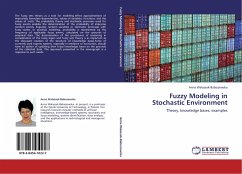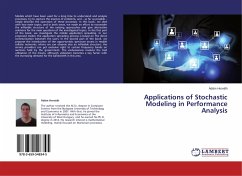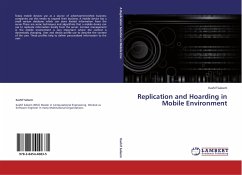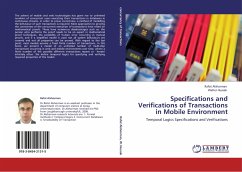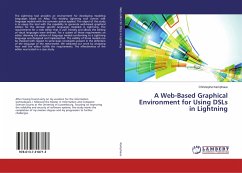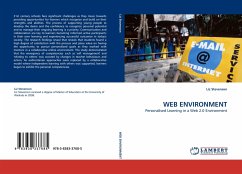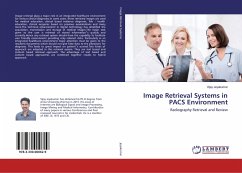The fuzzy sets theory as a tool for modeling offers approximations of imprecisely formulate dependencies, values of variables, functions, and the values of truth. The probability theory and stochastic processes used for fuzzy events enables the determination of the probability of imprecise random events, linguistic random variables or stochastic processes with fuzzy states. In practical modeling, probability is represented by the frequency of applicable fuzzy events, calculated on the grounds of empirical data. The determination of the procedures of reasoning in consideration of the fuzzy logics and fuzzy sets theory is as important as the discussed creation of the structure of knowledge bases.Some of currently used experts systems, especially in medicine or economics, should have an option of updating their fuzzy knowledge bases on the grounds of the collected data. The approach presented in the monograph is a response to such needs.
Bitte wählen Sie Ihr Anliegen aus.
Rechnungen
Retourenschein anfordern
Bestellstatus
Storno

